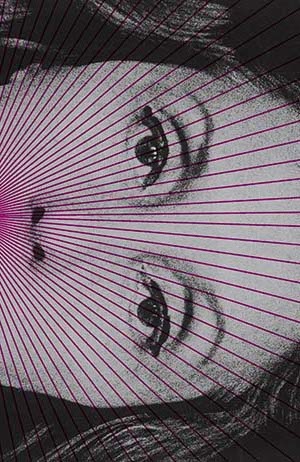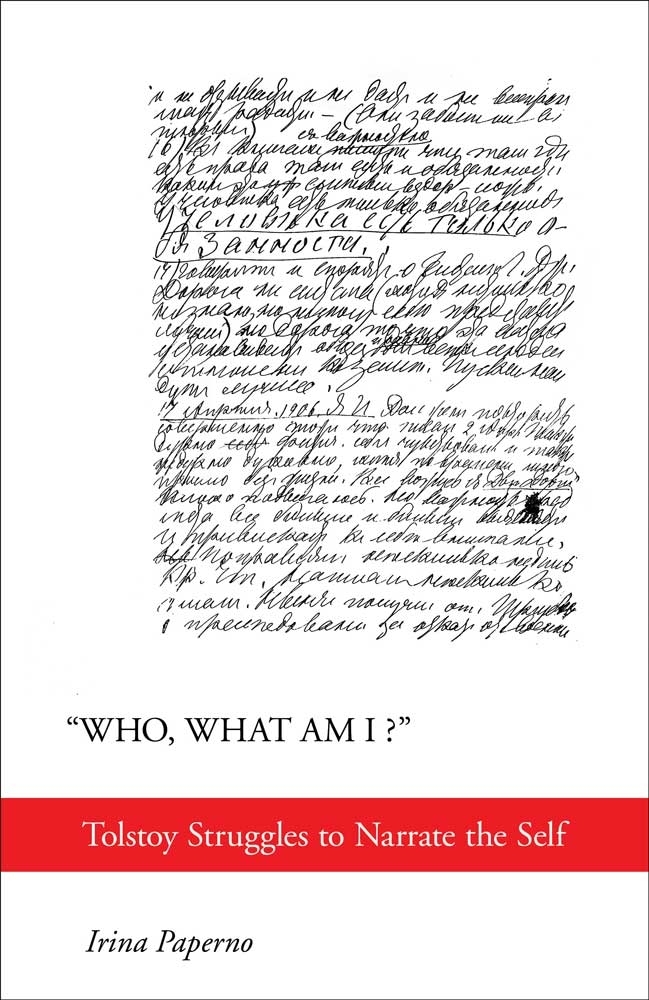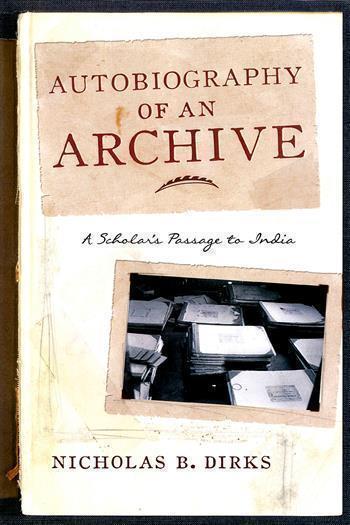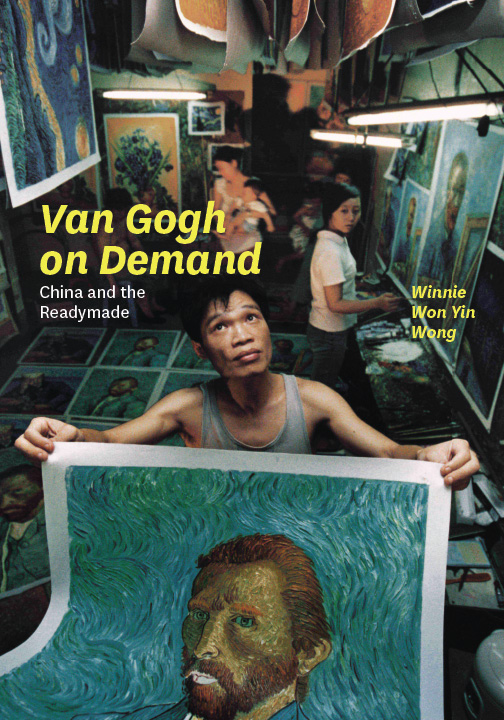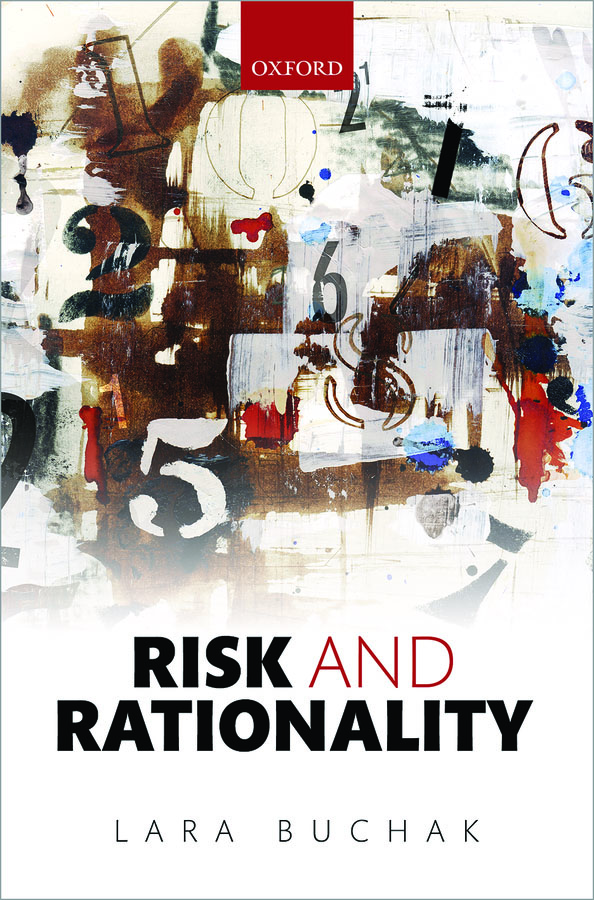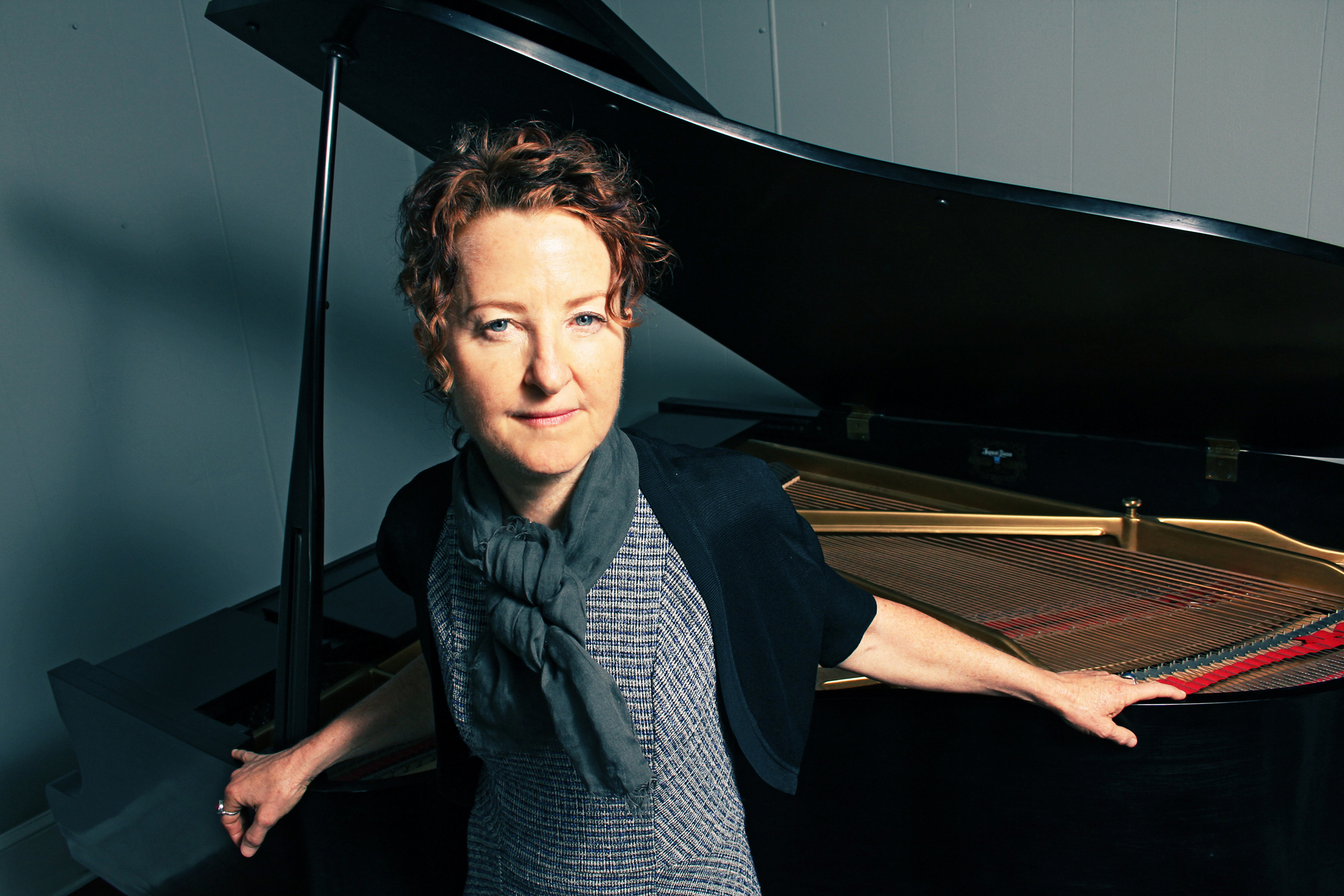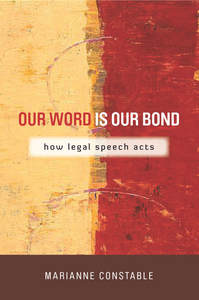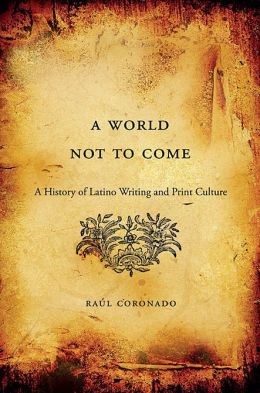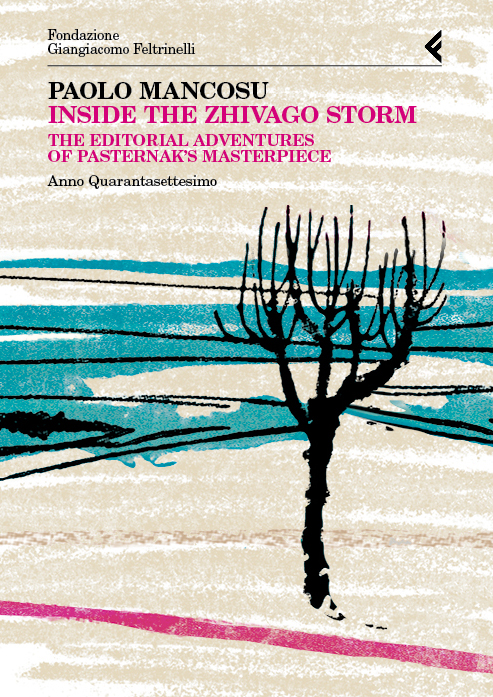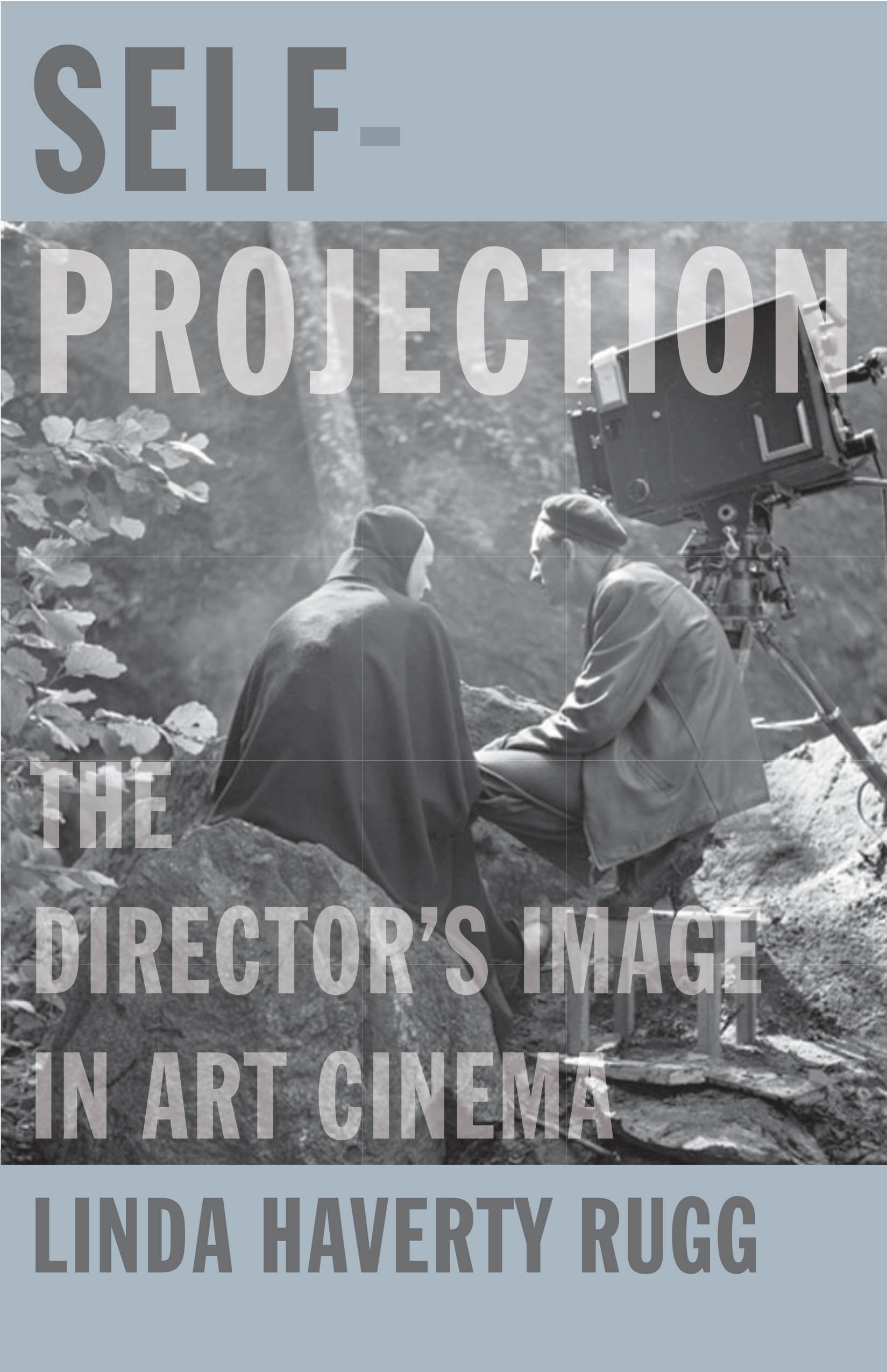Past Events
Katrina Dodson’s recent translation of Clarice Lispector’s Complete Stories (New Directions, 2015) collects for the first time all 85 short stories by one of Brazil’s most important writers.
Professor of Slavic Languages and Literatures Irina Paperno gives an account of Tolstoy's lifelong attempt to find adequate ways to represent the self, to probe its limits, and to arrive at an identity not based on the bodily self and its accumulated life experience.
Chancellor Nicholas B. Dirks’ book recounts his early study of kingship in India, the rise of the caste system, the emergence of English imperial interest in controlling markets and India's political regimes, and the development of a crisis in sovereignty that led to an extraordinary nationalist struggle.
Professor of Rhetoric Winnie Wong’s book explores contemporary art in the world's largest production center for oil-on-canvas painting and shows how its painters force us to reexamine preconceptions about creativity and the role of Chinese workers in redefining global art.
Professor of Philosophy Lara Buchak's book analyzes the principles governing rational decision-making in the face of risk.
Professor of Music Myra Melford’s interdisciplinary project, inspired by Eduardo Galeano's Memory of Fire trilogy, incorporates music, movement, video, and spoken text.
Professor of Rhetoric Marianne Constable’s book proposes understanding law as language, rather than as primarily rules, policy, or force.
A World Not to Come: A History of Latino Writing and Print Culture
Professor of Ethnic Studies Raúl Coronado’s book focuses on how eighteenth-century Texas Mexicans used writing to remake the social fabric in the midst of war and how a Latino literary and intellectual life was born in the New World.
Inside the Zhivago Storm: The Editorial Adventures of Pasternak’s Masterpiece
Professor of Philosophy Paolo Mancosu’s book offers a riveting account of the story of the first publication of Doctor Zhivago and of the subsequent Russian editions in the West.
Professor of Scandinavian Linda Rugg’s new book explores how non-documentary narrative art films create new forms of collaborative self-representation and selfhood.
